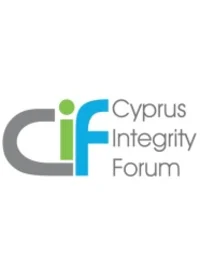The 20th century was characterised by the intensive development of technologies and their application in different fields. Distance education is one of the best and prominent examples of technology transfer and information sharing. It enables the creation and usage of digital content to inform and train people as well as usage of tools (ie, computers, mobile devices, etc), which allow remote access. Such technological breakthrough had led to great interest in distance teaching, although some fields were sceptic and rigid to widely apply distance education. Medical education is one such field, but the COVID-19 global situation stipulated major transformations. In an unprecedentedly short time period, higher education institutions worldwide have reshaped their teaching processes and started the 2020 spring semester in the remote format.
The Petre Shotadze Tbilisi Medical Academy (TMA), a private medical school in Tbilisi, Georgia, is among such higher education institutions. From 16 March, 2020, the TMA realises its teaching process by application of Google services (Classroom and Meet). These platforms have been selected by taking into account the following:
· Easily accessible by students
· Installation of additional programmes is not required
· User-friendly with visual, technological and content features adjusted for the teaching process and the needs of the participants
· Compatible with different hardware
· Enable textual as well as visual content/material sharing
· Enable interactive communication and assessment performance
· Equipped with instruments required for quality assurance of the teaching process.
To ensure smooth and effective realisation of the distance teaching process, the TMA organised and performed trainings of staff and students on the usage of Google services, prepared methodology documents and developed remote Information Technology service based on the usage of the TeamViewer software.
For the monitoring and quality assurance of the teaching process, TMA uses:
· Google Meet Quality Tools
· Surveys and interviews.
By the end of the third week of the distance teaching, we have learned that:
· The quality of teaching is comparable (78%) to the face-to-face educational process.
· All of the TMA teaching staff consider the distance education process smooth and effective.
· The majority (89%) of the TMA students report no problems in using Google Classroom and Meet.
· 80% of the TMA students view the distance education process as interactive.
· 86% of the TMA students are satisfied by the performance and quality of the distance education process realised by the TMA.









